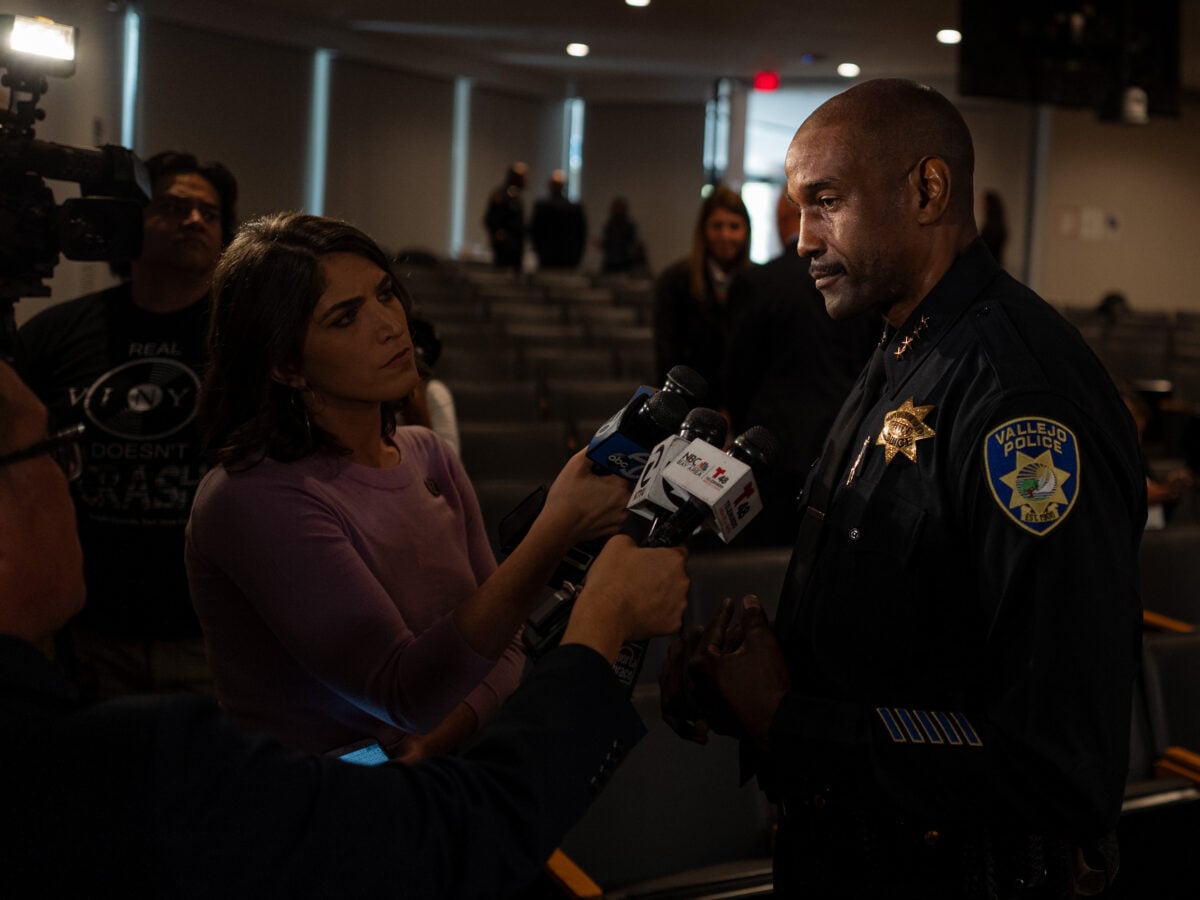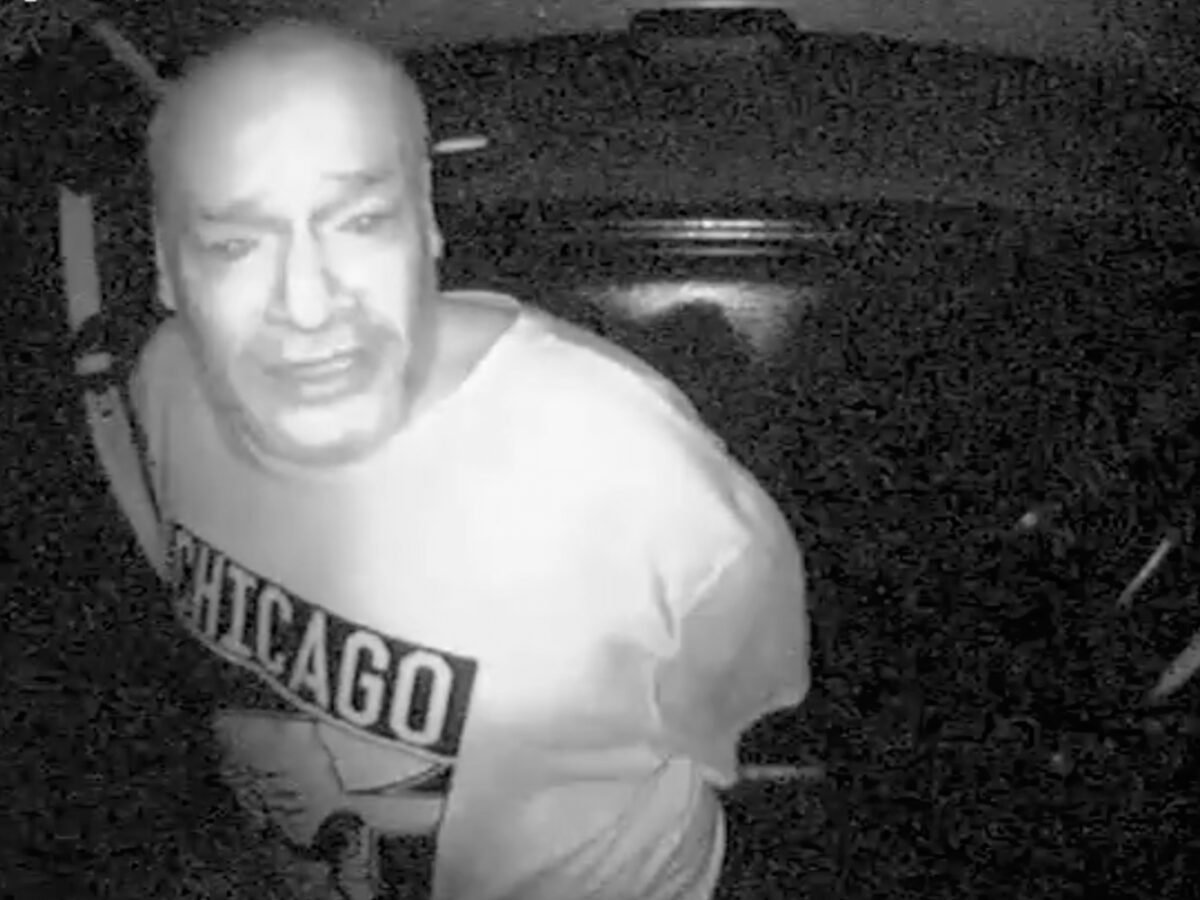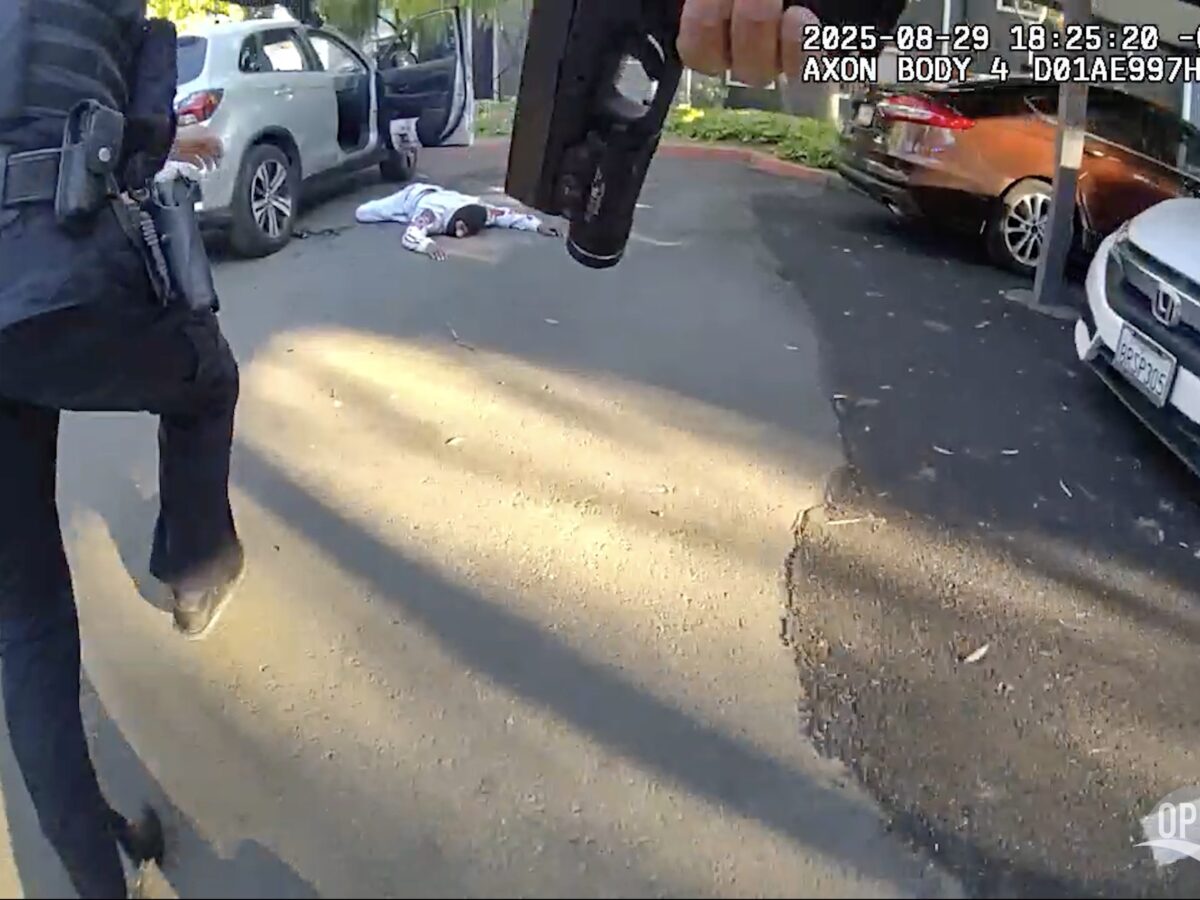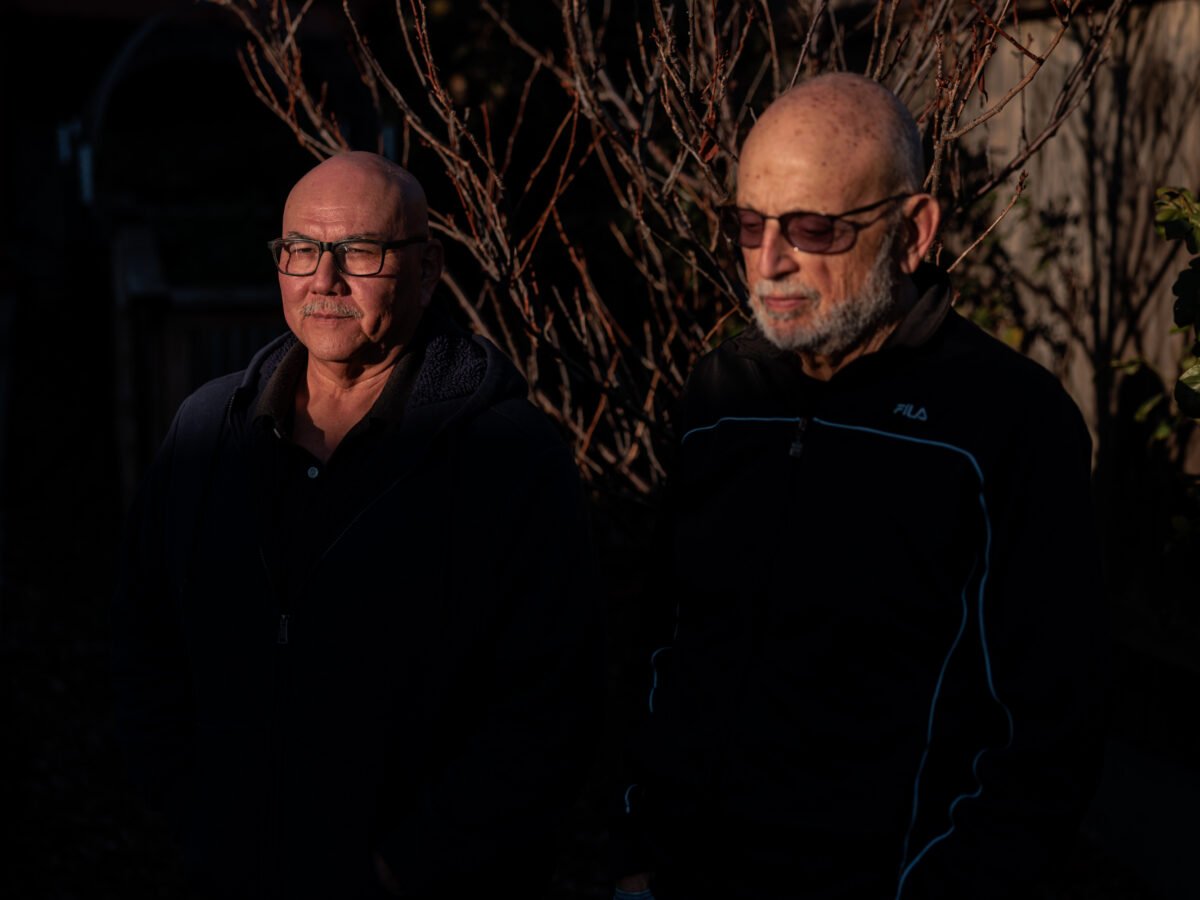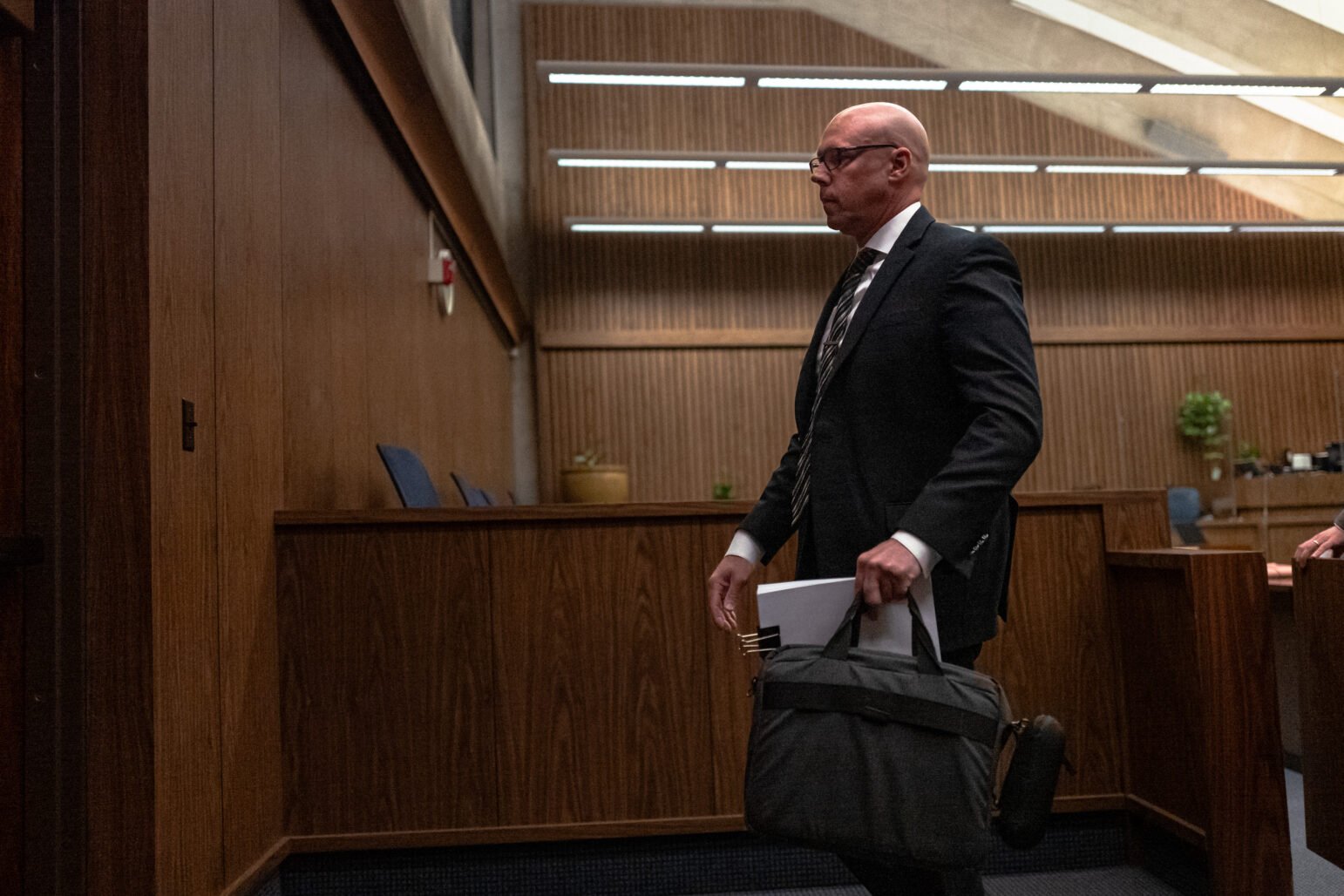
The California Supreme Court has denied a last-ditch effort by the city of Vallejo to conceal an investigation into officers who bent their badges to mark fatal shootings.
In July, Vallejo sought review of a unanimous decision by California’s First District Court of Appeal ordering the release of a third-party investigation into badge-bending, including interviews, photographs and a final report.
But on Wednesday, the state high court overwhelmingly rejected the city’s request, with Associate Justice Joshua Groban casting the lone vote in favor of granting review, court records show. The case will now return to a Solano County courtroom to determine whether any of the materials need to be redacted before being released to the public. Those materials may include preliminary drafts of the report, said Emi Young, a senior staff attorney who litigated the case on behalf of the American Civil Liberties Union of Northern California.
“The thrust of the Court of Appeal’s opinion is clear: the badge-bending investigation and information about Vallejo officers’ involvement in badge-bending must be released to the public,” Young wrote in an email to Open Vallejo.
The Supreme Court’s summary denial caps a years-long legal fight by the city to keep the macabre police tradition under wraps.
In July 2020, Open Vallejo revealed that a clique of Vallejo police officers would bend the tips of their star-shaped badges to commemorate killing civilians in the line of duty. Days after that report was published, then-Police Chief Shawny Williams ordered a third-party investigation into the tradition, which was led by former Sonoma County Sheriff Robert Giordano at a cost of more than $100,000.
The ACLU filed a public records request for Giordano’s findings and investigative materials in 2022. When the city denied the request, the ACLU sued.
In October 2024, Solano County Superior Court Judge Stephen Gizzi declined to release all but a small portion of the 167-page report and associated materials, a decision the ACLU appealed. Open Vallejo, which is suing Solano County District Attorney Krishna Abrams for the same records, filed two amicus briefs in support of the ACLU.
In June, the First District Court of Appeal unanimously held that the records sought by the ACLU must be made public under a state transparency law, Senate Bill 1421.
“We believe, as the California legislature did in adopting SB 1421, that the public can only benefit from transparency around serious allegations of misconduct by their police officers,” Young said. “This is the only way for members of the community to seek accountability and closure.”
Also in June, but before the Court of Appeal had ruled, the Vallejo City Council voted in closed session to seek review by the state Supreme Court, in an effort to shield the investigation from public scrutiny.
Vallejo Mayor Andrea Sorce, as well as Councilmembers Alexander Matias and Tonia Lediju, voted against an appeal and thus in favor of making the investigation public.
Vice Mayor Peter Bregenzer, along with Councilmembers J.R. Matulac, Charles Palmares, and Helen Marie Gordon, voted to appeal to the state Supreme Court, further delaying the investigation’s disclosure.
“The public has a right to this information,” Lediju wrote in an email to Open Vallejo Wednesday. “The release of this report is a necessary step toward healing and reconciliation, allowing us to move forward together while also acknowledging the harm that has occurred.
Councilmember Aleander Matias echoed Lediju’s comments in an emailed statement.
“Reestablishing trust with one another is critical to Vallejo’s future,” Matias wrote. “Following the law and today’s State Supreme Court’s order will help in that endeavor,”
Gordon declined to comment when reached by phone Wednesday. Sorce, Bregenzer, Matulac and Palmares were not immediately available for comment. A spokesperson for the city of Vallejo directed Open Vallejo to the city attorney’s office, which declined to comment.
“We will continue to advocate for the public’s right to know until the materials are publicly available,” Young said.
This article has been updated to include comment from Councilmembers Tonia Lediju and Alexander Matias.

